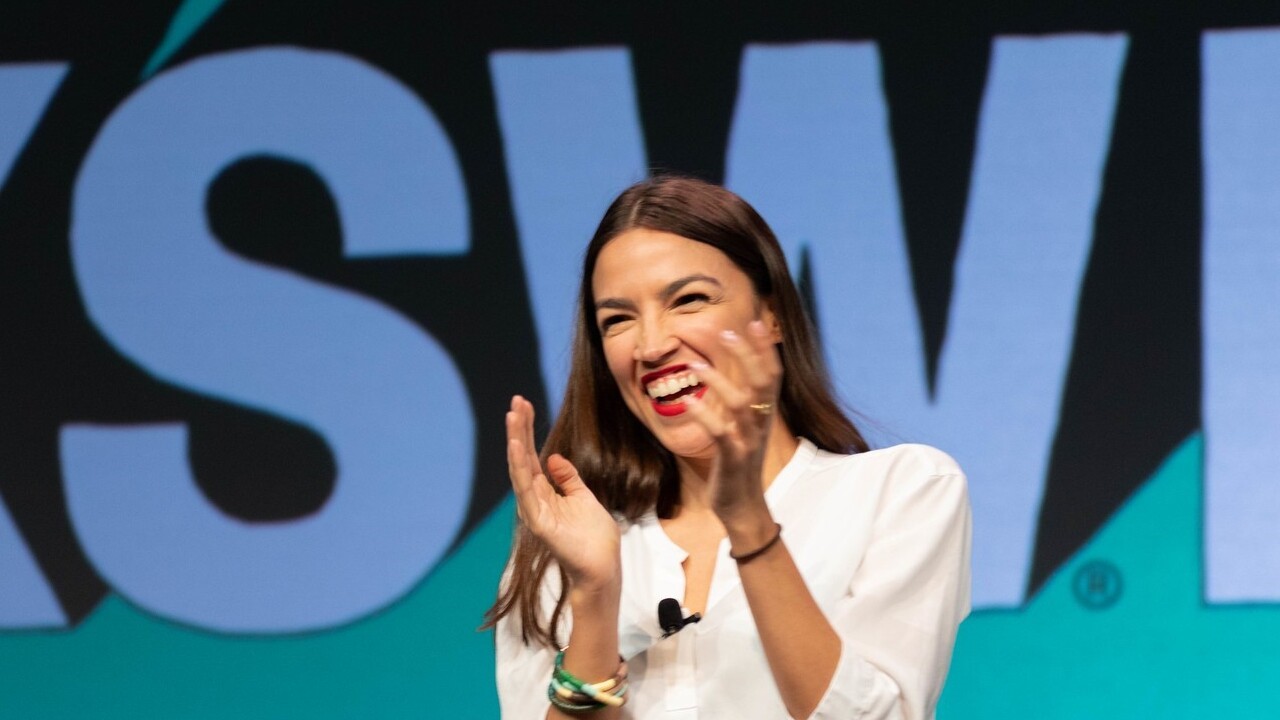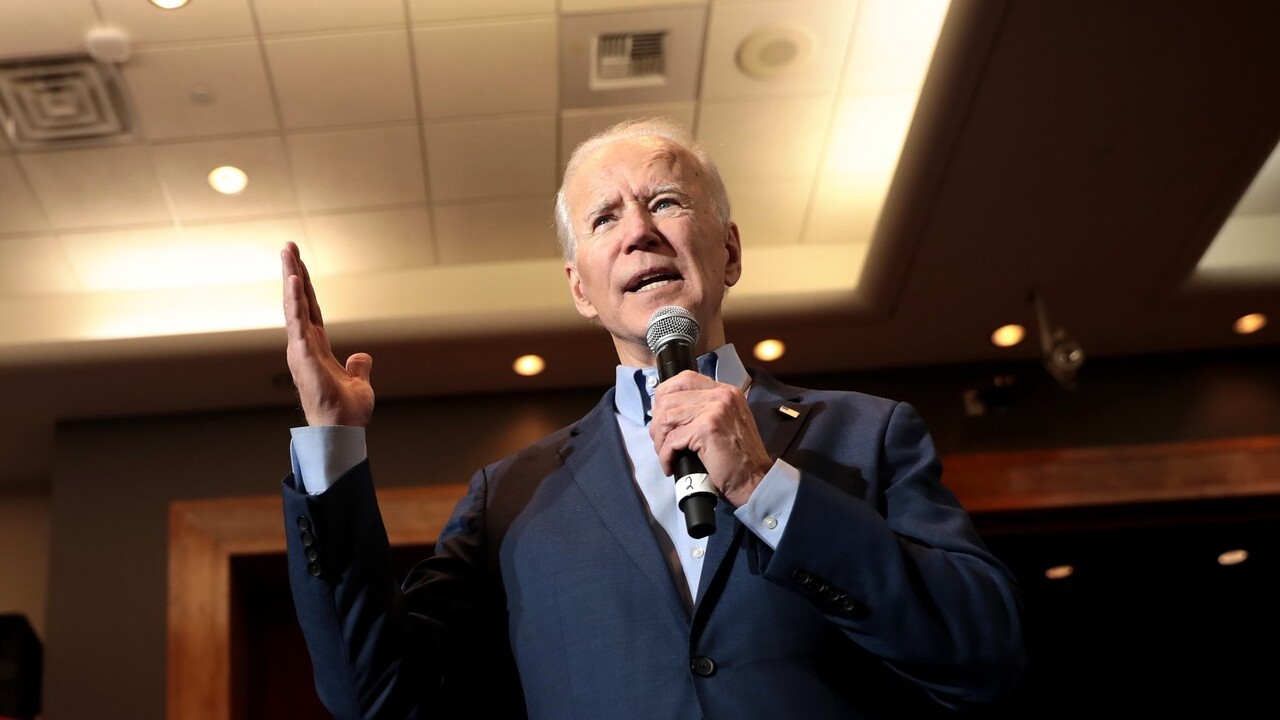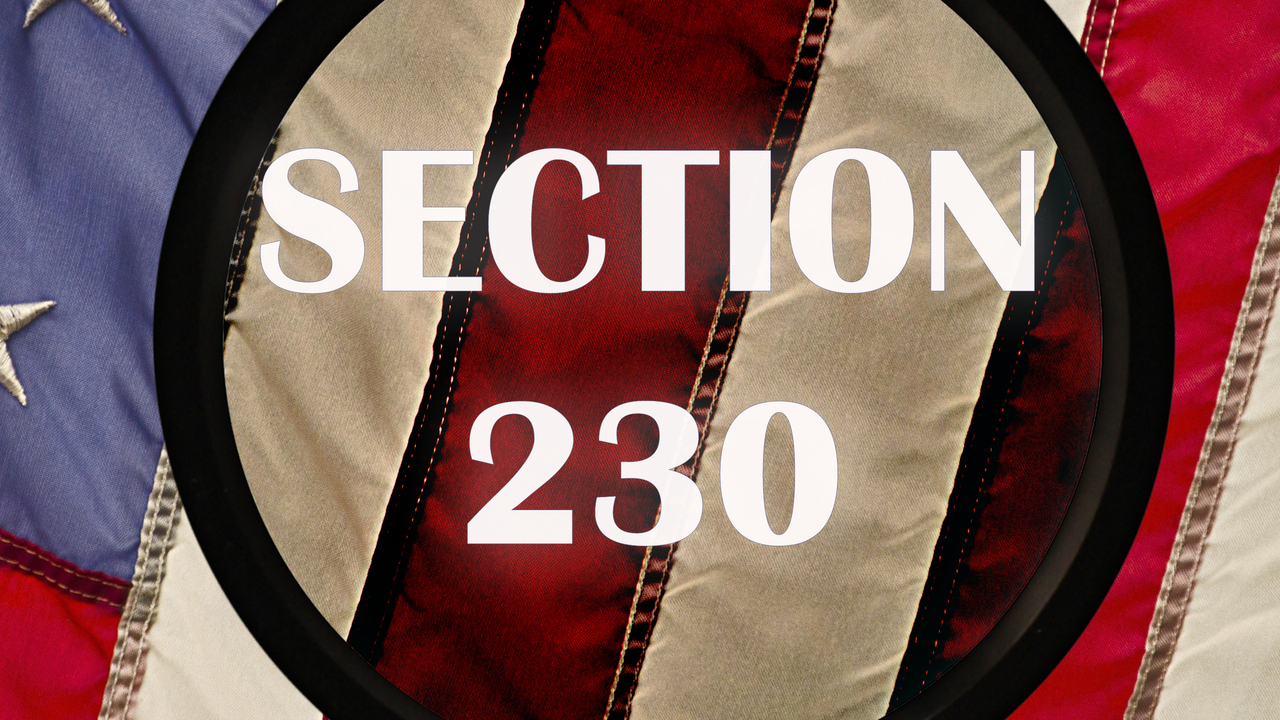For many years, socialists in the United States have attempted to use the “existential” threat of climate change as a Trojan horse to fundamentally transform the U.S. economy from a dynamic, free-market system to a centralized, redistributionist structure.
For example, in 2018, self-avowed socialist Rep. Alexandria Ocasio-Cortez (D-NY) and Sen. Ed Markey (D-MA) introduced the Green New Deal, which they describe as “a jobs and justice-centered plan to decarbonize the U.S. economy within ten years. It is one of the only plans put forward which is actually in line with scientific consensus and the United Nations’ IPCC Report. The Green New Deal also focuses on creating the maximum amount of prosperity for working people and marginalized communities in the process.”
Never mind that AOC’s Green New Deal would completely bankrupt the country given its price tag of about $100 trillion. Or that it would undercut the very foundation of the U.S. economy. Or that it would incentivize millions of Americans to shed their jobs in place of a universal basic income for those “unwilling to work.” These are just petty details, or so they say.
Fortunately, Congress balked at the socialist scheme known as the Green New Deal. In fact, the Green New Deal was so radical and out of line with America’s values it was universally panned by members of both political parties.
However, in the years since the Green New Deal went down in flames, socialists in the U.S. Congress and their allies in the federal government have uncovered a more discrete way of pushing their collectivist agenda under the guise of the climate crisis.
Consider. On February 11, Reps. Chuy García (D-IL), Jamaal Bowman (D-NY), Cori Bush (D-MO), Alexandria Ocasio-Cortez (D-NY), Ayanna Pressley (D-MA), and Rashida Tlaib (D-MI) issued the following press release:
“The climate crisis is here, and it is already having a significant impact on our communities and our economy. We cannot wait for our country’s largest corporations to decide whether they take climate change seriously when extreme floods, heat waves and storms are already devastating our neighborhoods. Just as we must use every tool to prevent climate catastrophe, we must act with strength and urgency to protect our financial system from climate risk.
“We are alarmed that the Securities and Exchange Commission’s climate-change disclosure rule has been delayed. We urge the Commission to act swiftly and issue a strong rule that holistically accounts for a company’s climate contributions and addresses the urgent need to act on climate-related financial risk.”
So, what exactly is the SEC’s Climate Rule. In short, call it Green New Deal Lite.
According to the SEC:
“The Securities and Exchange Commission (SEC or Commission) has periodically evaluated its regulation of climate change disclosures within the context of its integrated disclosure system. In 2010, the Commission issued an interpretive release that provided guidance to issuers as to how existing disclosure requirements apply to climate change matters. The 2010 Climate Change Guidance noted that, depending on the circumstances, information about climate change-related risks and opportunities might be required in a registrant’s disclosures related to its description of business, legal proceedings, risk factors, and management’s discussion and analysis of financial condition and results of operations. The release outlined certain ways in which climate change may trigger disclosure obligations under the SEC’s rules. It noted legislation and regulations governing climate change, international accords, changes in market demand for goods or services, and physical risks associated with climate change.
Since 2010, investor demand for, and company disclosure of information about, climate change risks, impacts, and opportunities has grown dramatically. Consequently, questions arise about whether climate change disclosures adequately inform investors about known material risks, uncertainties, impacts, and opportunities, and whether greater consistency could be achieved. In May 2020, the SEC Investor Advisory Committee approved recommendations urging the Commission to begin an effort to update reporting requirements for issuers to include material, decision-useful environmental, social, and governance, or ESG factors. In December 2020, the ESG Subcommittee of the SEC Asset Management Advisory Committee issued a preliminary recommendation that the Commission require the adoption of standards by which corporate issuers disclose material ESG risks.”
In other words, the socialists are attempting an end run around Congress by using the SEC to do their dirty work via ESG scores.
Investopedia defines ESG as, “a set of standards for a company’s operations that socially conscious investors use to screen potential investments. Environmental criteria consider how a company performs as a steward of nature. Social criteria examine how it manages relationships with employees, suppliers, customers, and the communities where it operates. Governance deals with a company’s leadership, executive pay, audits, internal controls, and shareholder rights.”
Although ESG might sound soft and fluffy, it is far from it. If the Squad and their acolytes succeed in making ESG the new normal, they and their big business partners will have a field day controlling all aspects of socio-economic activity in the United States.
As ESG gains momentum in the halls of Congress and corporate boardrooms, we the people must fight against it with every particle of our being.
Chris Talgo (CTalgo@heartland.org) is the editorial director and a research fellow at The Heartland Institute, as well as a researcher and contributing editor at StoppingSocialism.com.






